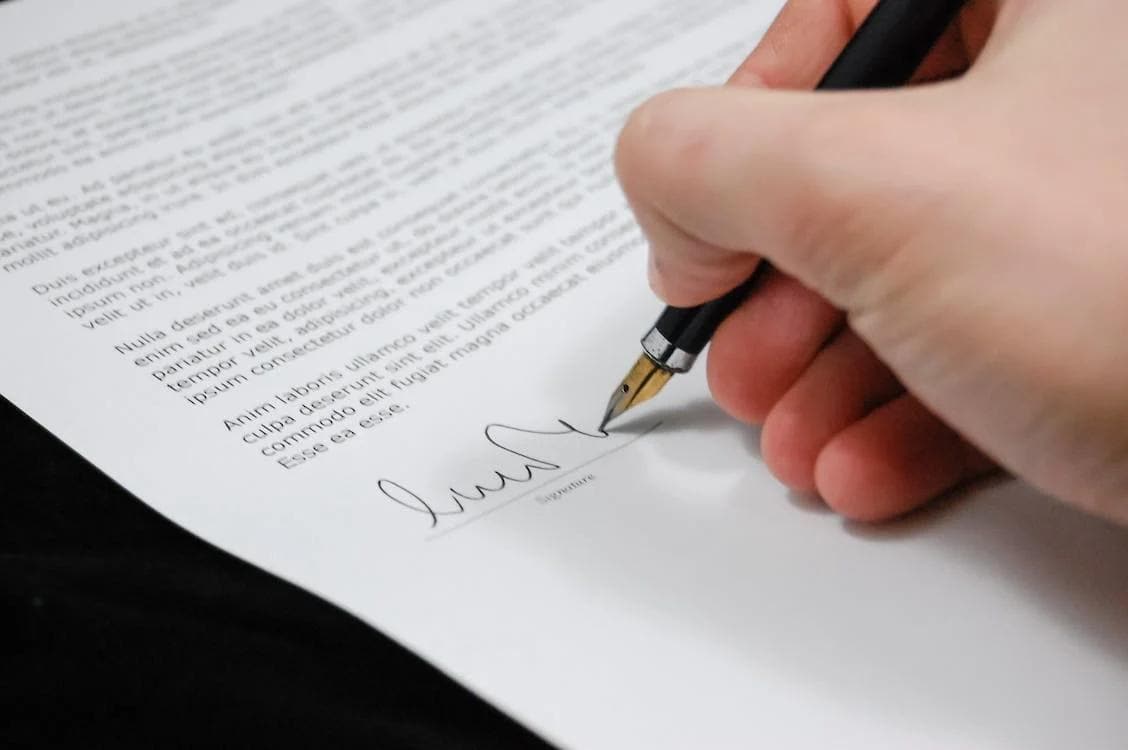Probate is the legal process by which a court oversees the distribution of a deceased person’s assets to their heirs or beneficiaries. In Nevada, probate is governed by the Nevada Revised Statutes (NRS) and is typically required when a person dies with assets held in their name rather than in a trust or other non-probate transfer.
The process typically involves the appointment of a personal representative, who is liable for collecting the deceased person’s assets, paying off all their debts or taxes, and allotting the outstanding assets to the heirs.
Let’s get into a quick overview of probate in Nevada.
A Basic Overview of Probate in Nevada
Probate in Nevada is important because it ensures that the assets of a deceased person are distributed following their wishes as outlined in their will or according to state laws if they did not have a will. The process also helps to settle any outstanding debts or taxes and ensures legal disputes regarding the distribution of assets are resolved in a court of law.
Additionally, probate can provide some legal protections for the personal representative and beneficiaries. For example, the probate court has the authority to approve or disapprove any actions taken by the personal representative. It can also provide oversight to ensure that the personal representative is properly managing the estate’s assets.
Here is a step-by-step guide to the probate process in Nevada:
Filing a Petition
An interested party, such as an executor or administrator, has to file a petition with the court to open probate. The petition must include information about the deceased person’s assets and debts, as well as the names and addresses of the heirs and beneficiaries.
Appointment of a Personal Representative
The court must appoint a personal representative, also known as an administrator or an executor, to run the deceased person’s estate during probate. The personal representative is liable for identifying and collecting the estate assets, paying off debts, and issuing the remaining possessions to the rightful heirs or beneficiaries.
Notice to Creditors
Once a personal representative is appointed, they must provide notice to any known creditors of the estate, allowing them to file claims against the estate.
Inventory & Appraisal of Assets
The personal representative must also conduct an inventory and appraisal of the estate’s assets, including any real property, personal property, and financial accounts.
Payment f Debts & Taxes
The personal representative must pay off any estate debts, including any taxes owed, before distributing the remaining assets to the heirs or beneficiaries.
Distribution of Assets
The personal representative must then distribute the estate’s assets to the heirs or beneficiaries according to the terms of the testament or the intestacy laws (if there is no will).
Closing of the Estate
Once the assets have been distributed and all debts and taxes have been paid, the court will close the estate and discharge the personal representative from their duties.
It’s important to note that in Nevada, probate can be avoided if the estate is small enough or if the deceased person has a living trust or other non-probate transfer mechanisms. Also, the probate process can be time-consuming and expensive. So, it’s a good idea to consult with a probate attorney if you have any questions about the process or your rights as an heir or beneficiary.
It’s also worth mentioning that probate can be a time-consuming and costly process. However, it is a necessary step in transferring the assets of a deceased person to their heirs or beneficiaries and can help ensure that the deceased person’s final wishes are carried out.
If you want to discuss your loved one’s estate, you can contact the Nevada probate attorneys at the Bourassa Law Group. They can provide highly individualized estate planning services to help you avoid probate. Call us at (800)870-8910 for a free consultation!





